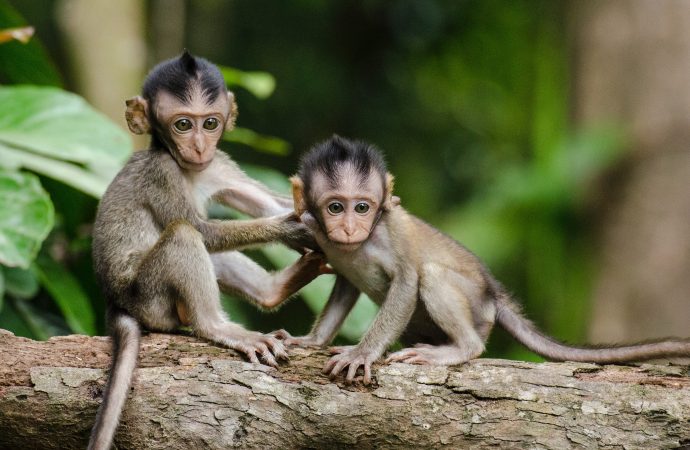Introduction: A critical shortage of research primates has emerged in the United States, posing significant challenges to scientific research and raising concerns about the potential impact on medical advancements. With a decline in the availability of these essential animals, scientists are grappling with limited resources for vital research projects. This article explores the reasons behind
Introduction:
A critical shortage of research primates has emerged in the United States, posing significant challenges to scientific research and raising concerns about the potential impact on medical advancements. With a decline in the availability of these essential animals, scientists are grappling with limited resources for vital research projects. This article explores the reasons behind the shortage, the implications for scientific progress, and the ongoing debates surrounding the use of primates in research.
The Shortage and its Causes:
The shortage of research primates in the U.S. can be attributed to several factors. Firstly, the pandemic-induced disruptions have severely impacted the supply chain, hindering the importation of primates for research purposes. Travel restrictions, logistical challenges, and increased costs have all contributed to the decline in availability.
Additionally, stricter regulations and ethical considerations surrounding primate research have led to reduced breeding programs and limitations on capturing wild primates. The combination of these factors has resulted in a significant decrease in the number of research primates available to scientists.
Implications for Scientific Advancements:
The shortage of research primates has far-reaching implications for scientific progress. Primates, particularly non-human primates, have played a crucial role in medical research, including the development of vaccines, treatments for diseases, and the understanding of human physiology. They offer unique biological similarities to humans, making them invaluable for studying complex diseases and evaluating potential treatments.
Without an adequate supply of research primates, scientists face limitations in conducting experiments and studying diseases that directly impact human health. This shortage not only impedes current research but also hampers the potential for groundbreaking discoveries and medical breakthroughs in the future.
Debates and Ethical Considerations:
The use of primates in research has long been a subject of ethical debate. Animal rights activists argue against the use of animals in scientific experiments, citing concerns about cruelty and the moral implications of subjecting intelligent creatures to invasive procedures.
On the other hand, proponents argue that responsible and regulated primate research is essential for advancing medical knowledge and improving human health. They emphasize the strict ethical guidelines in place, ensuring the well-being and humane treatment of research primates.
Striking a balance between the ethical considerations and the pursuit of scientific advancements remains a contentious issue. The shortage of research primates has further fueled this ongoing debate, prompting calls for alternative research models and innovative approaches that could potentially reduce reliance on primates.
Exploring Alternatives and Solutions:
Recognizing the challenges posed by the shortage, scientists and research institutions are actively exploring alternative methods to supplement or replace primate research. These include the development of sophisticated in vitro models, computer simulations, and the use of other animal species in certain research contexts.
However, it is important to note that while alternative methods show promise, they cannot fully replace the comprehensive insights gained from primate research. The biological complexities and genetic similarities between primates and humans make them an irreplaceable component of many scientific investigations.
Collaborative efforts among scientists, regulators, and animal welfare organizations are essential to ensure the responsible and ethical use of research primates while actively seeking alternatives to minimize their usage.
Conclusion:
The shortage of research primates in the United States presents a significant challenge to scientific progress and medical advancements. The limited availability of these essential animals hinders the ability of scientists to study complex diseases, develop effective treatments, and gain a deeper understanding of human health.
The ongoing debates surrounding the use of primates in research highlight the ethical considerations associated with these practices. Striking a balance between scientific progress and animal welfare remains a crucial task for researchers and policymakers.
Efforts to explore alternative
research models and minimize reliance on primates are important steps in addressing the shortage. However, it is imperative to ensure that the quest for scientific knowledge continues alongside the ethical treatment and welfare of research animals.

















Leave a Comment
Your email address will not be published. Required fields are marked with *